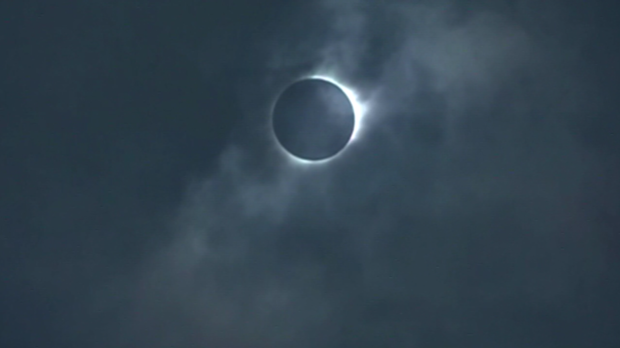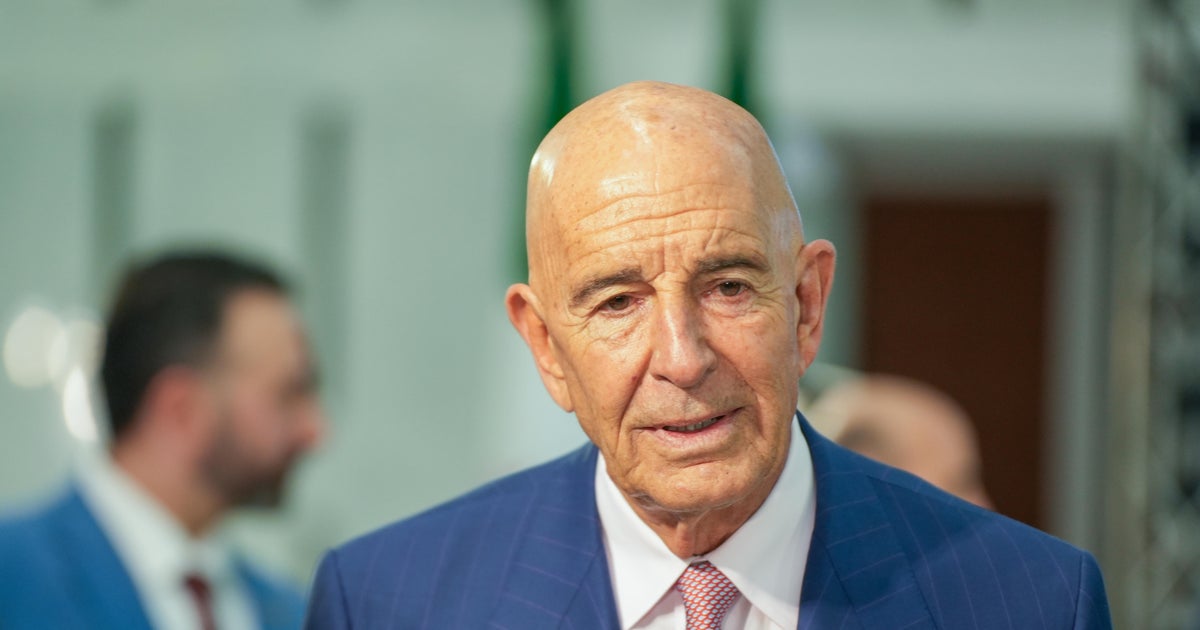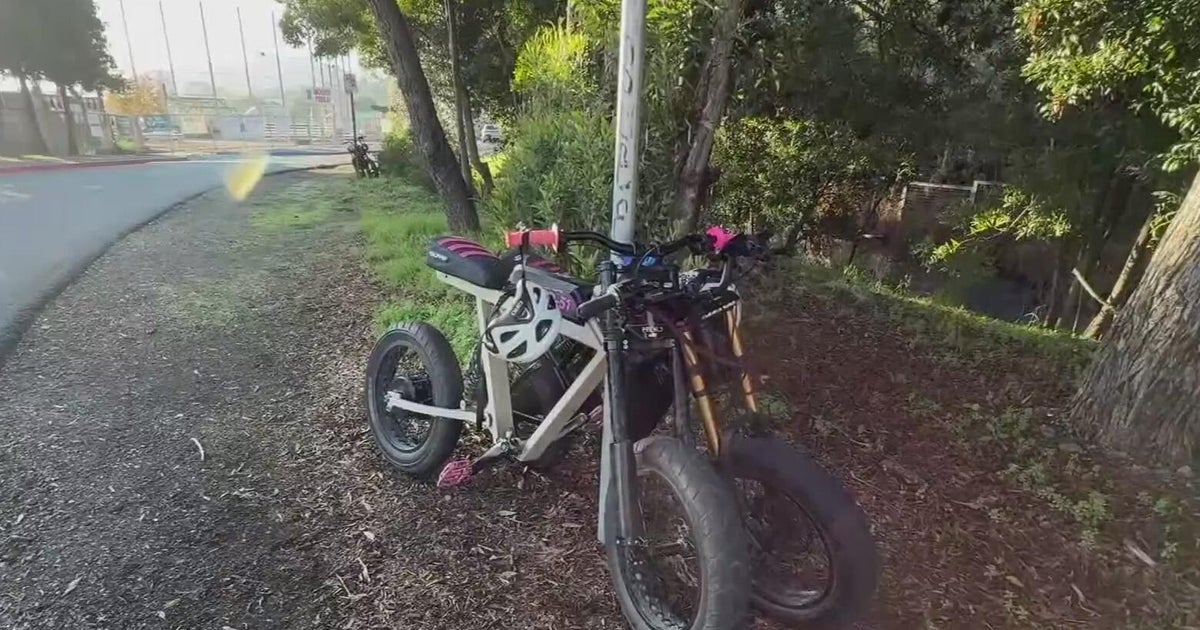The April 8 solar eclipse could impact power. Here's why.
The upcoming solar eclipse on April 8 will darken the sky for millions as the moon passes in front of the sun – but the spectacle could also affect how much solar power gets generated.
The Electric Reliability Council of Texas, known as ERCOT, which provides solar service to 90% of the state, says the event will affect solar production in Texas between 12:10 p.m. and 3:10 p.m. CDT while the eclipse passes over the state from the southwest to the northeast.
"ERCOT is working on forecasting models to reflect solar generation on the grid during the eclipse," a representative for ERCOT told CBS News via email. "ERCOT does not expect any grid reliability concerns during the eclipse. ERCOT will use all available tools to maintain grid reliability and will continue to monitor conditions and keep the public informed through our communications channels."
Solar power accounts for about 3.9% of the energy generated in the U.S. in 2023, according to the U.S. Energy Information Administration. In Texas, solar energy accounted for 6% of the energy generation in 2022, according to ERCOT.
Due to its generally sunny weather, Texas is the second-largest solar producer in the U.S., after California.
During the 2017 eclipse, California prepared for solar power outages, with state agencies urging people to cut back on power use during the event.
ERCOT, however, hasn't asked people to reduce power use during the eclipse, the representative said.
Utilities and grid operators across the U.S. prepared for the possibility of a drop in solar power during the 2017 eclipse as well. Standby power sources were lined up and simulations of the potential impact were run, according to Reuters.
But analysis from the National Renewable Energy Laboratory found the 2017 eclipse didn't cause any issues to the operation of the North American electric power system.
The April 8 solar eclipse will start on Mexico's Pacific coast at around 11:07 a.m. PDT. It will then travel across parts of the U.S. and into Canada and will leave continental North America at 5:19 p.m. EDT.
About 31.6 million people live in the 200-mile path of totality — the path where the total solar eclipse will be visible, according to NASA. For the 2017 eclipse, an estimated 12 million people were able to see a total solar eclipse.
All areas in the path of totality of the April eclipse could see their solar power affected, said Hugh Cutcher, a data scientist for Solcast, a solar forecasting and data company.
Texas, however, is expected to see the biggest impact, losing up to 16% of their daily irradiance, or solar energy, according to Cutcher. "The fast change in generation is what can cause instability in the grid, so asset managers, energy traders and the grid operators will be working to maintain stability whilst making the most of volatile energy prices," Cutcher writes.
On the East Coast, which uses less solar power than Texas, the eclipse is expected to have a smaller impact. But rooftop solar panels could be effected, and New York Independent System Operator, which runs New York's solar power grid, could see a 10.9% drop in solar generation from these rooftop panels, according to Cutcher's analysis.
NASA says the eclipse can also cause temperatures to drop. In 2001, a solar eclipse caused the temperature to drop nearly 15 degrees in Lusaka, Zambia, because the sun's warmth is blocked out by the moon. But NASA says the coolness might not even register on thermometers because the daylight will return in about two to three minutes.









